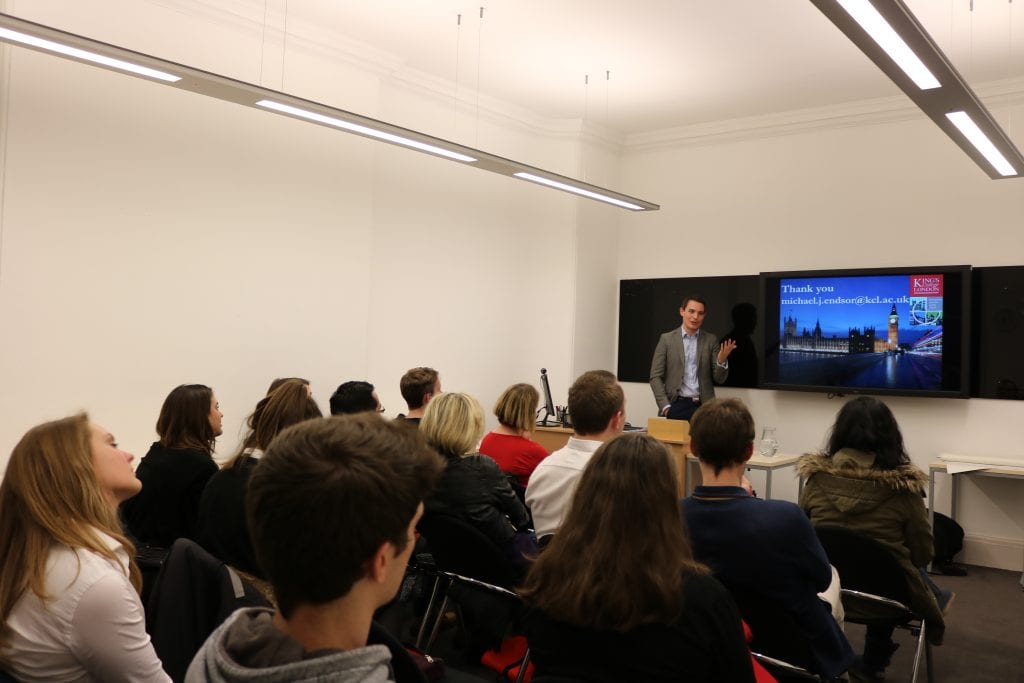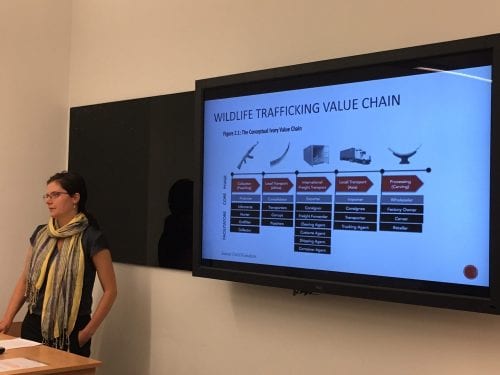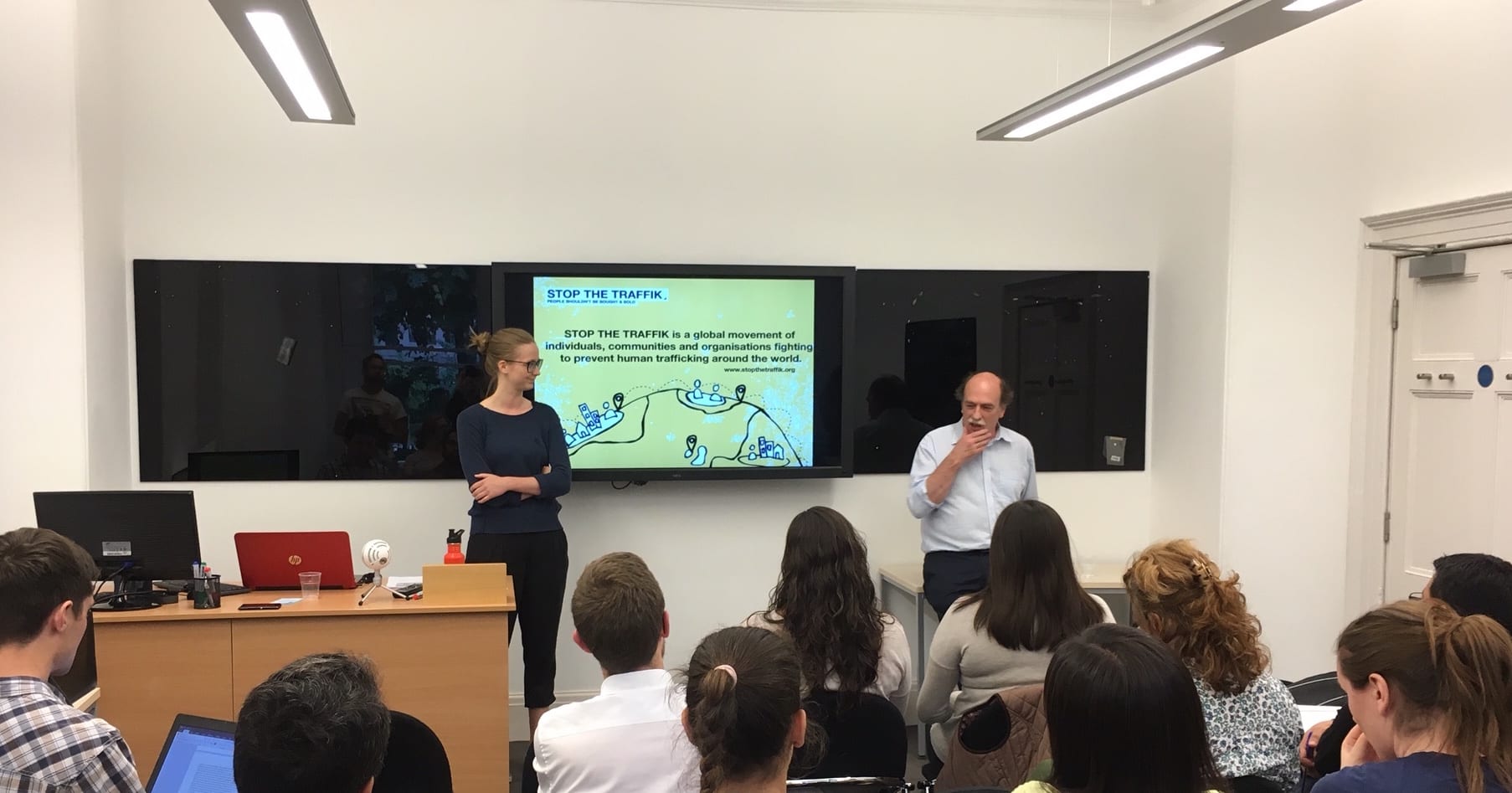Upcoming Seminar: “Illicit Drug Markets, Organised Crime and Development: New Approaches to Supply-Side Policies”
By Patricio Estevez-Soto, on 27 February 2018

Image credit: Alistar Rae CC2.0
The UCL Organised Research Network (OCRN) is very pleased to announce our next Seminar: “Illicit Drug Markets, Organised Crime and Development: New Approaches to Supply-Side Policies“ by Alexander Soderholm, from the London School of Economics.
The seminar will take place next Tuesday March 6, 2018 in the Teaching Room at 35 Tavistock Square, Jill Dando Institute, UCL, London WC1H 9EZ. As always, the event is free, open to the general public, and will end with a small networking reception with our fellow OCRN members.
Seminar overview
In 2016, the United Nations General Assembly held a Special Session (UNGASS) on the ‘world drug problem’. This follows a move from a number of member states towards new strategies to managing illicit drug markets, in the wake of widespread criticism against the failed so-called global ‘War on Drugs’. This talk will explore current shifts around the international drug control regime and discuss how illicit drug markets intertwine with issues surrounding organized crime and development in the Global South, in addition to the unintended consequences drug control has had on producer and transshipment countries in the developing world. It will draw on case studies based on research in a number of countries, such as the transition from opium poppy cultivation to licit economic enterprises in northern Thailand, current shifts around coca cultivation and cocaine trafficking from South America, the recent boom in Afghan poppy cultivation and the reliance on illicit drug markets by minorities along these supply chains. The researcher draws upon work conducted for the United Nations Office on Drugs and Crime in Tehran, his own PhD project, and other projects in collaboration with a number of international and local partners.
The talk will also explore some of the novel methodologies and approaches employed to measure illicit drug markets, including the use of Geographic Information Systems (GIS) and remote sensing in measuring the cultivation and trafficking of illicit drugs. These methods will be discussed in relation to the evolving nature of cross-border illicit enterprises and the building of resilience in communities along the illicit drug supply chain.
Speaker bio
Alexander Soderholm is the Policy Coordinator of the International Drug Policy Unit at the LSE. He holds an MSc in International Development and Humanitarian Emergencies from the LSE, and is currently an MPhil/PhD Candidate in Social Policy at the LSE Department of Social Policy. Alexander was the Managing Editor of the 2016 report After the Drug Wars, which was endorsed by 6 Nobel Prize winners and produced by the LSE Expert Group on the Economics of Drug Policy, which set out a framework for the future of international drug policy based on the Sustainable Development Goals. His PhD project is titled ‘Drugs, Livelihoods, and Development: The Role of Illicit Markets in Determining Development Outcomes.
Prior to joining IDPU Alexander worked with UNODC in Tehran. He has also worked on projects in a number of developing countries, such as Thailand, India, and more recently Myanmar and Colombia on issues related to illicit drug markets and sustainable development. His research focuses on the intersection between illicit drug markets and development outcomes, specifically on questions related to harm reduction and public health, livelihoods, and security.
 Close
Close










